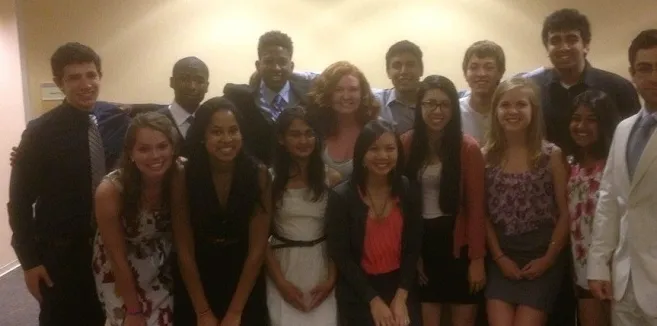Table of Contents
This is part two of a three-part series on the ASSU culminating Volume XLIX. This installment is on the ASSU Undergraduate Senate.
Theodore Roosevelt once famously said, “When they call the roll in the Senate, the Senators do not know whether to answer ‘Present’ or ‘Not Guilty.’” Applied to the Associated Students of Stanford University (ASSU) Undergraduate Senate, perhaps the quote should read, “Present” or “Indifferent.”
‘Not Guilty.’” Applied to the Associated Students of Stanford University (ASSU) Undergraduate Senate, perhaps the quote should read, “Present” or “Indifferent.”
Haven’t heard much about them? Here’s why: senators have been notorious for doing minimal work. It seems almost as if once they are elected, their roles no longer merit the energy and effort expressed throughout the initial campaign. Those who work with the Senate repeatedly express how inefficient and burdensome any form of collaboration can be. This past summer, in particular, the Senate essentially chose to enjoy the hiatus they gifted themselves, neglecting emails and any semblance of work and thus greatly hindering the timely financing of fall quarter events. The Lower Row Tailgates (the first one which 2,000 students attended for the Washington game) almost did not exist simply because a majority of the current Senate would delay answering even urgent emails.
Their currently lax attendance policy does not help, either. As of last October, they were debating the addition to the bylaws of a more stringent clause specifying a maximum of one unexcused and two excused absences per quarter per person, this amounts to three absences per quarter. This may seem like a low number, but three absences constitutes one-third of their meetings for the quarter.
The result of the abysmal performance of the senators over the last several years? An overall 10% decline in undergraduate voter turnout in ASSU elections over the past three years. The decline is more heavily concentrated among freshman and sophomore voters and not coincidentally—underclassmen have the least exposure to the efforts of the ASSU, given that they are newcomers to the university. The more indifferent members of the ASSU are to their jobs, the already little exposure they have to the ASSU will continue to decline, and so will voter turnout.
Accompanying the decline in voter turnout is perhaps an even more troubling decline in the number of candidates running for positions in student government. More specifically, the number of Senate candidates has decreased from 35 in 2010 to just 19 in 2012. And of the 19 candidates who ran in the most recent election, only three were not elected. To serve as a senator at Stanford University should be a coveted honor and thus require a highly competitive campaign, which was the case not too long ago. But the indifference of the members of the ASSU Senate for the past three years has detracted severely from the prestige—a great part of the incentive to work hard and serve the community which would ideally hold such a position in high regard.
But enough complaint. It turns out that the same man (Roosevelt) who famously criticized the U.S. Senate is also known for criticizing the critic, saying “it is not the critic who counts: not the man who points out how the strong man stumbles or where the doer of deeds could have done better…[but rather] the man…in the arena…who strives valiantly, who errs and comes up short again and again, because there is no effort without error or shortcoming.”
And we cannot help but agree with him—criticism unaccompanied by action (or in our case, criticism that does not spur action) is not only fruitless, it is irksome. And we are not the only members of the Stanford community who are vocally disappointed with the Senate’s overall performance and who are looking for ways to improve the body that is supposed to represent us. The *Stanford**Daily *even went so far as to call for the dissolution of the Senate altogether.
Yet one particular question has not captured much attention: just *why *is the ASSU performing so poorly? Instead of dramatic calls to dissolve the Senate and transfer all its power to the Executive, we need to examine this question. We will then be on our way to a Senate with members that, when roll is called, can not only respond “Present,” but “Invested.”





